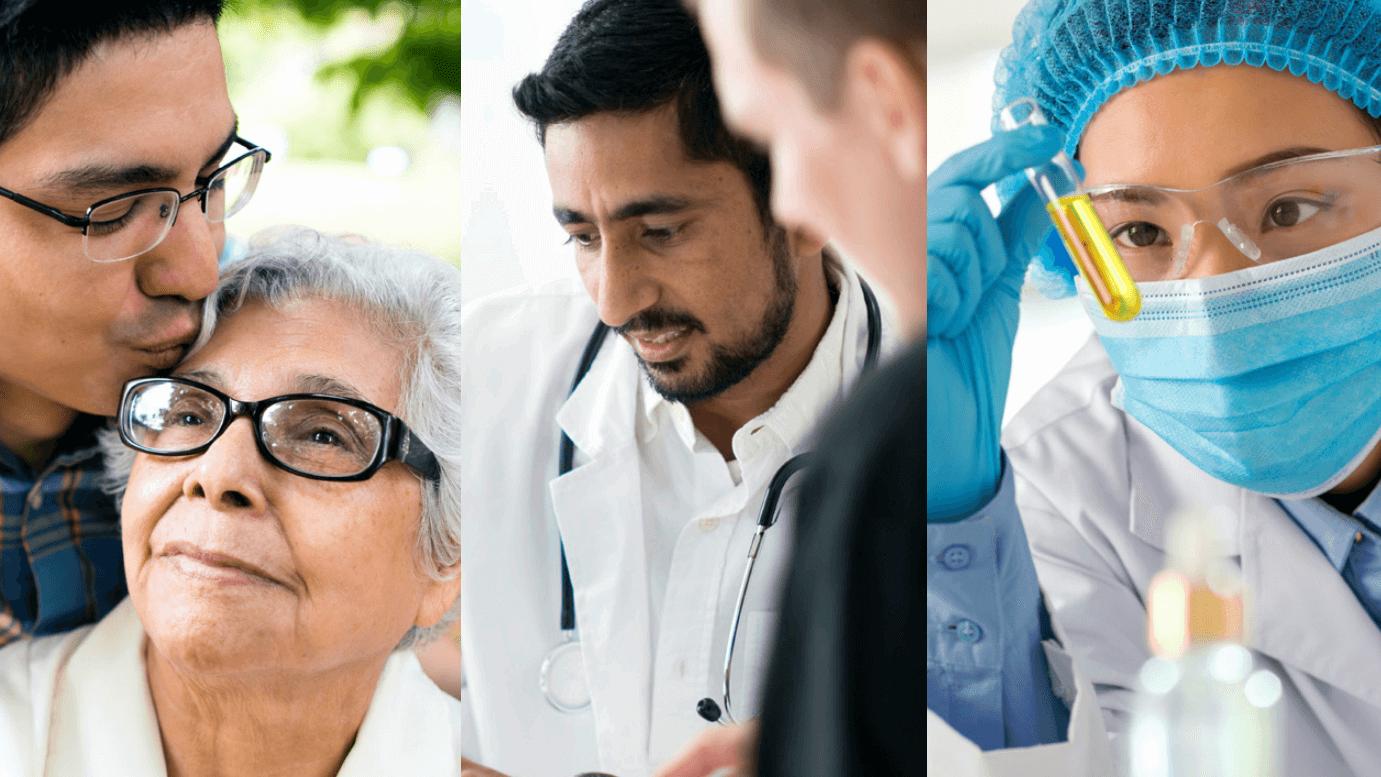
Major National Heart, Lung, and Blood Institute COPD Research Grant Funding FY 2017
Overview
Organization: National Heart, Lung, and Blood Institute
Start Date: 10/2016
End Date: Ongoing
Primary Goal: Goal 4: Increase and sustain research to better understand the prevention, pathogenesis, diagnosis, treatment, and management of COPD.
Secondary Goal(s):
Objective(s):
- Help expand, coordinate, and optimize COPD research efforts
- Improve methods for earliest detection and diagnosis and develop effective strategies for preventing the onset and progression of COPD
- Define and characterize the pathogenesis of COPD heterogeneity
- Develop personalized medicine for COPD based on the pathogenesis and clinical heterogeneity
- Promote research that can lead to strategies that help prevent the onset and progression of COPD and improve the quality of COPD care and management
Collaboration: We worked alone
Activity Type: Research
Activity Description
The National Heart, Lung, and Blood Institute (NHLBI) awards funding to research organizations to implement activities that further the goals and objectives of the COPD National Action Plan. For fiscal year 2017, NHLBI awarded large research grants to eleven organizations to support their efforts in raising awareness to better understand the prevention, pathogenesis, diagnosis, treatment, and management of COPD. Organizations funded this cycle include: Allinaire Therapeutics, LLC; Blue Marble Rehab Inc.; Brigham and Women's Hospital; Columbia University Health Sciences; Harvard University; National Jewish Health; University of Alabama Birmingham; University of California, San Francisco; University of Michigan; University of Vermont; and Weill Medical College of Cornell University.Funded research topics included:
• A Novel Exosomal Inflammatory Pathway;
• COPD Susceptibility, Heterogeneity, and Progression: Proteomics and Genetics;
• Development of a Fully Humanized Antibody for Treating Lung Emphysema;
• Functional Analysis of the Pulmonary Microbiome during COPD;
• (1 of 2) Genetic Epidemiology of COPD;
• (2 of 2) Genetic Epidemiology of COPD;
• Inspiration Point-A Digital Pulmonary Rehabilitation Tool for use with Self-Management Interventions;
• Lung-on-a-Chip Disease Models for Efficacy Testing;
• Mechanisms Controlling Expansion and Lineage Specification of Airway Progenitors in Development and Disease;
• S-glutathionylation chemistry in fibrotic lung remodeling;
• SPIROMICS II: Biological underpinnings of COPD heterogeneity and progression;
• The CAPTURE Study: Validating a unique COPD screening tool in primary care;
• Translational Program in CFTR-Related Airway Diseases
Audience
General Audience: Researchers
Focused Audience: n/a
Program Reach: National
Type of Area: N/A
Setting: Workplace
Cost and Funding Sources
It was funded through NHLBI and funds to be allotted to grantees.Impact Analysis
The FY2017 cycle awarded grants to eleven organizations. Results of their programs are in progress.Advice or Lessons Learned
N/ARelated Links
- A Novel Exosomal Inflammatory Pathway
- COPD Susceptibility, Heterogeneity, and Progression: Proteomics and Genetics
- Development of a Fully Humanized Antibody for Treating Lung Emphysema
- Functional Analysis of the Pulmonary Microbiome during COPD
- (1 of 2) Genetic Epidemiology of COPD
- (2 of 2) Genetic Epidemiology of COPD
- Inspiration Point-A Digital Pulmonary Rehabilitation Tool for use with Self-Management Interventions
- Lung-on-a-Chip Disease Models for Efficacy Testing
- Mechanisms Controlling Expansion and Lineage Specification of Airway Progenitors in Development and Disease
- S-glutathionylation chemistry in fibrotic lung remodeling
- SPIROMICS II: Biological underpinnings of COPD heterogeneity and progression
- The CAPTURE Study: Validating a unique COPD screening tool in primary care
- Translational Program in CFTR-Related Airway Diseases
Contact Information
National Heart, Lung, and Blood Institute
Program Analyst
Bethesda
Maryland
